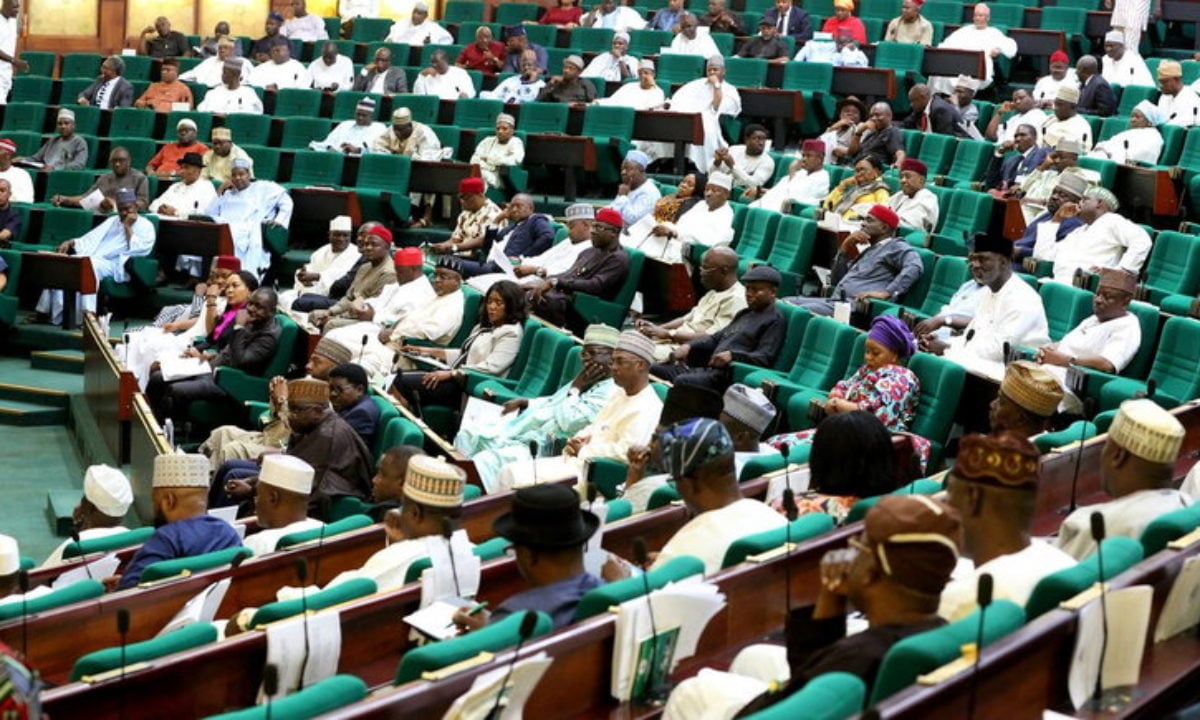By Otu Eunice Ukamaka
Introduction: Brain drain, the emigration of highly skilled and educated individuals, has been a persistent issue in Nigeria over the years. This phenomenon has significant implications for the country’s development and has sparked discussions on the root causes and potential solutions.
Causes: Several factors contribute to brain drain in Nigeria. Economic instability, limited job opportunities, and inadequate remuneration for skilled professionals push many to seek better prospects abroad. Additionally, political uncertainties, lack of infrastructural development, and insufficient support for research and innovation contribute to the exodus of talented individuals.
Impact on Development: The continuous outflow of skilled professionals poses a challenge to Nigeria’s development aspirations. The loss of expertise hampers the growth of key sectors, including healthcare, education, and technology, limiting the country’s ability to address pressing issues and compete on the global stage.
Education Sector: One of the most affected areas is the education sector, where the departure of qualified educators results in a shortage of experienced teachers and researchers. This not only impacts the quality of education but also stifles the potential for academic advancements and research breakthroughs.
Healthcare Sector: The healthcare system in Nigeria grapples with brain drain as well. The shortage of skilled medical professionals exacerbates challenges in providing adequate healthcare services to the population. This issue is particularly critical in rural areas where access to quality healthcare is already limited.
Potential Solutions: Addressing brain drain requires a multifaceted approach. Improving the economic climate, offering competitive salaries, and creating a conducive environment for research and innovation are essential. Policymakers must also prioritize investments in education and healthcare infrastructure to retain and attract skilled professionals.
Conclusion: Brain drain in Nigeria remains a complex challenge that demands strategic and sustained efforts to reverse the trend. By addressing the root causes and implementing comprehensive policies, Nigeria can retain its talented individuals, foster national development, and position itself as a competitive player on the global stage.

















